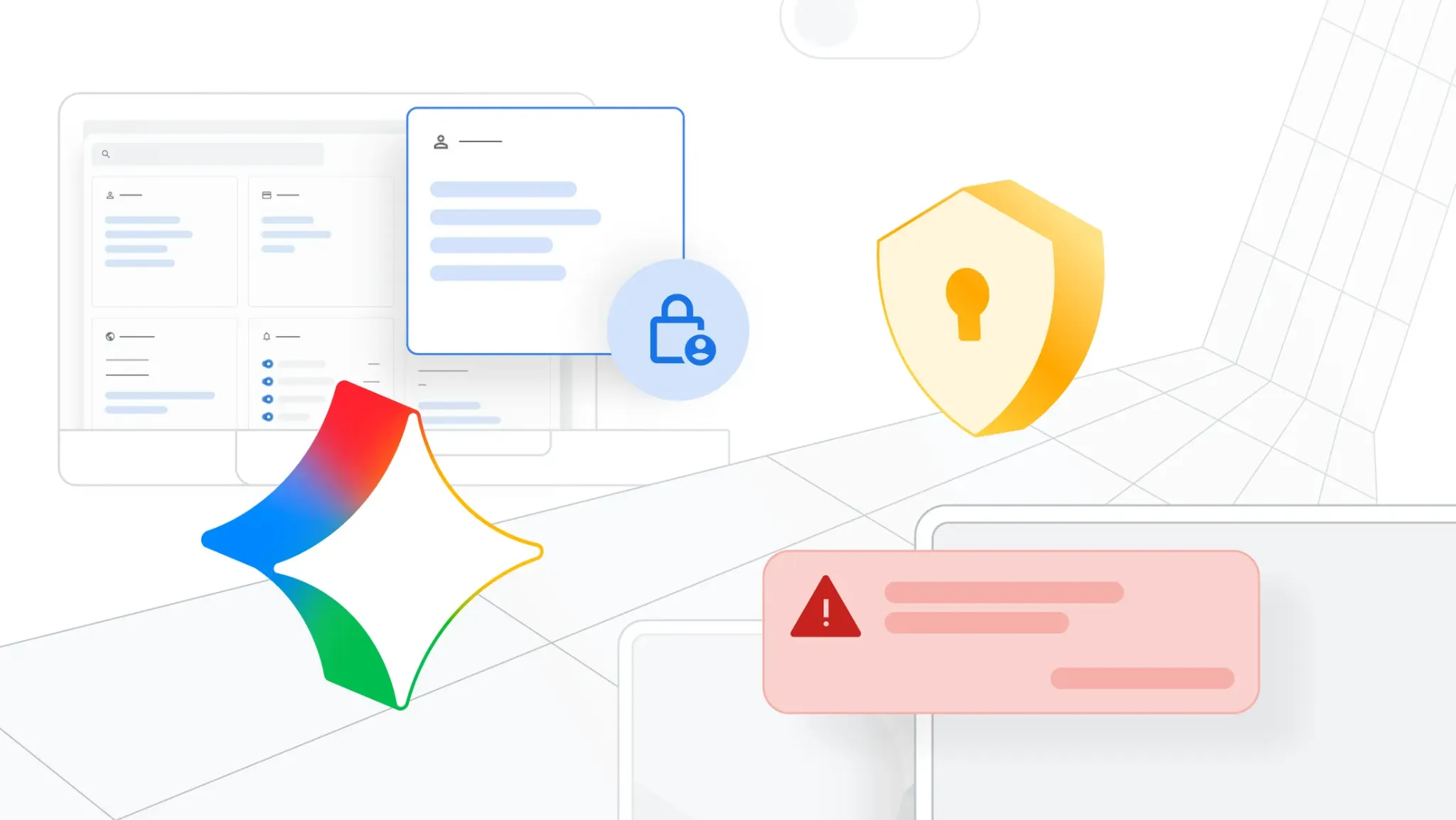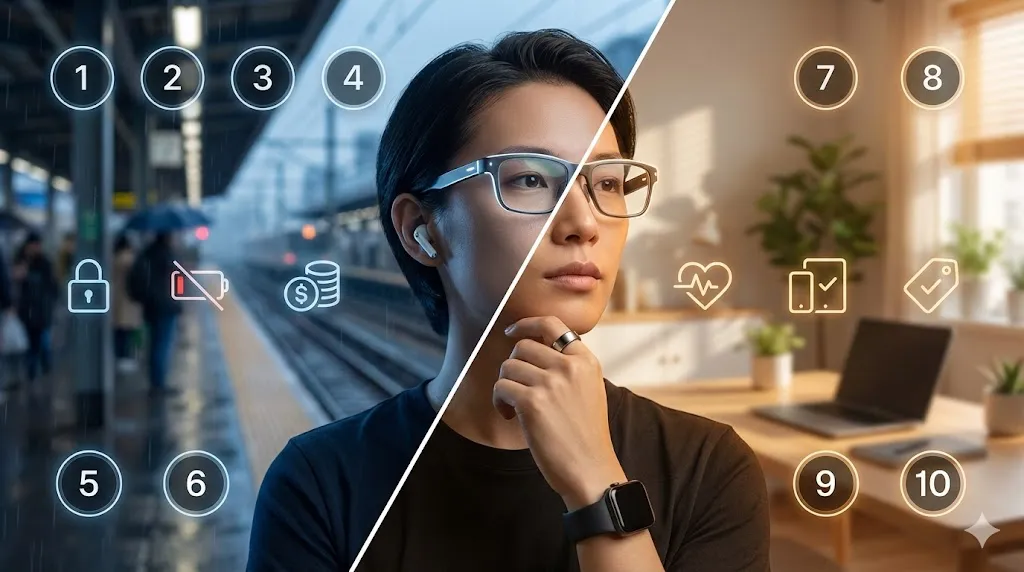How Artificial Intelligence is Enhancing, Not Replacing, Your Care Team
You’ve probably heard a lot about Artificial Intelligence (AI) lately, but what does it really mean? In simple terms, AI is like having a super-smart assistant that can quickly analyze huge amounts of information and spot patterns that humans might miss. You may already use AI every day without even realizing it, like when Netflix recommends movies you might enjoy or your email sorts out spam.
In healthcare, AI workers are emerging as a powerful new tool – not robots in scrubs, but sophisticated software and algorithms that help doctors, nurses, and other healthcare professionals do their jobs even better. And here’s the important part: AI isn’t here to replace anyone on your care team; it’s here to support them and make healthcare more accurate, efficient, and personalized for you.
AI Workers Behind the Scenes: Enhancing Accuracy and Efficiency
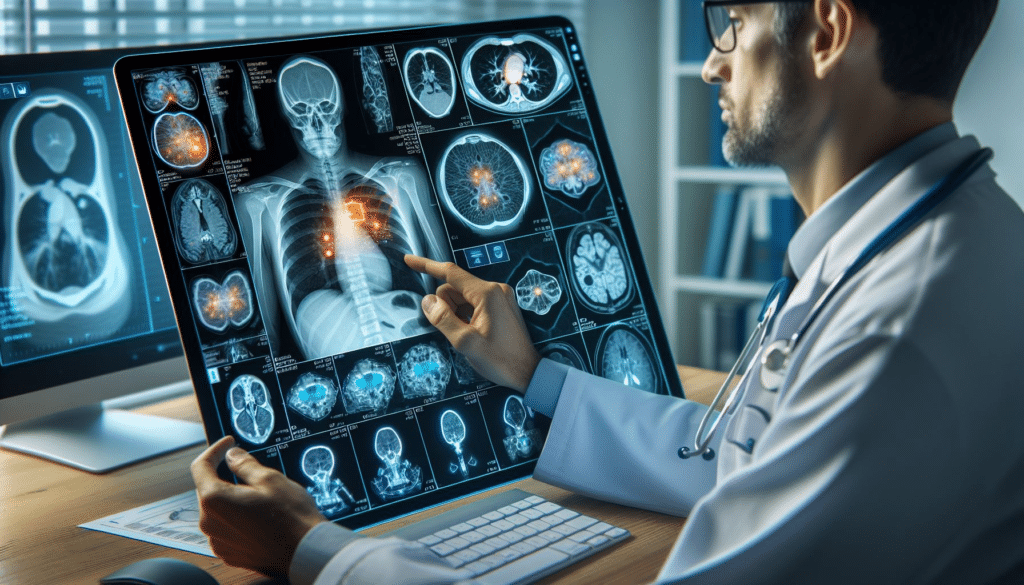
One of the most powerful ways AI is being used is in medical imaging. AI can analyze X-rays, CT scans, and MRIs with incredible precision, often spotting tiny tumors or abnormalities that even experienced radiologists might miss. This helps doctors diagnose conditions earlier and start treatment sooner, potentially saving lives.
AI is also a whiz at crunching numbers. It can sift through mountains of patient data to find trends, predict risks, and identify which treatments are most effective for different people. This can help doctors make more informed decisions about your care and tailor treatment plans specifically for you.
But AI isn’t just about diagnosing diseases; it’s also streamlining the boring stuff. Think of AI as the administrative assistant for your healthcare team. It can schedule appointments, process insurance claims, and manage medical records, freeing up your doctors and nurses to spend more time with you, their patients.
AI Workers at the Bedside: Personalized Care and Support
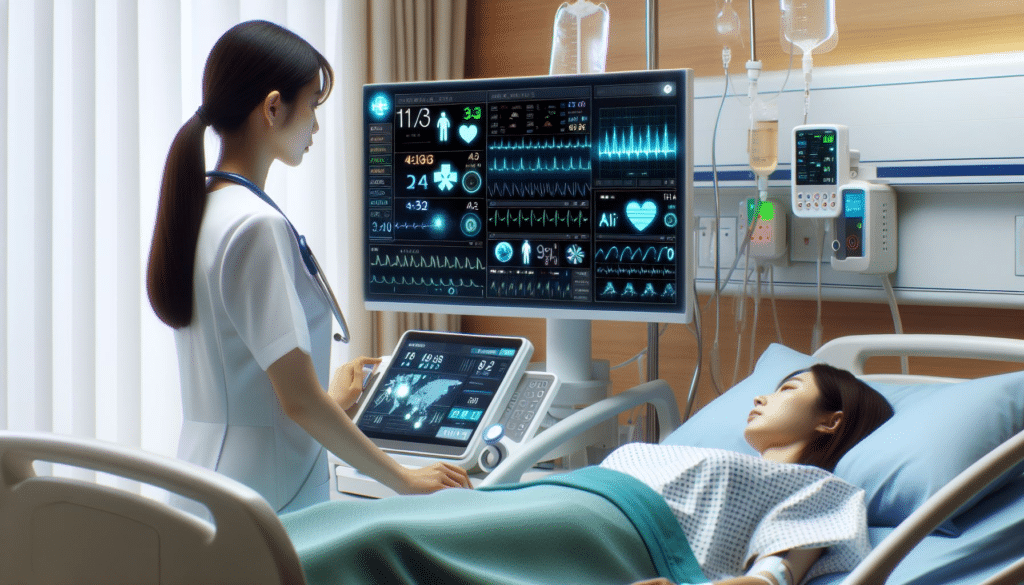
AI is also transforming the way patients receive care, even when they’re not at the hospital. Imagine having a virtual health assistant that checks in on you regularly, reminds you to take your medications, and answers your health questions. That’s already a reality for some people with chronic conditions, thanks to AI-powered chatbots and apps.
In the hospital, AI can constantly monitor your vital signs and other health data, alerting your care team instantly if anything seems off. This means potential problems can be caught and addressed before they become serious.
AI is also playing a role in personalizing your care. By analyzing your unique genetic makeup, medical history, and lifestyle factors, AI can help your doctor create treatment plans that are tailored specifically to you, not just your condition.
AI Workers in the Lab: Accelerating Research and Discovery
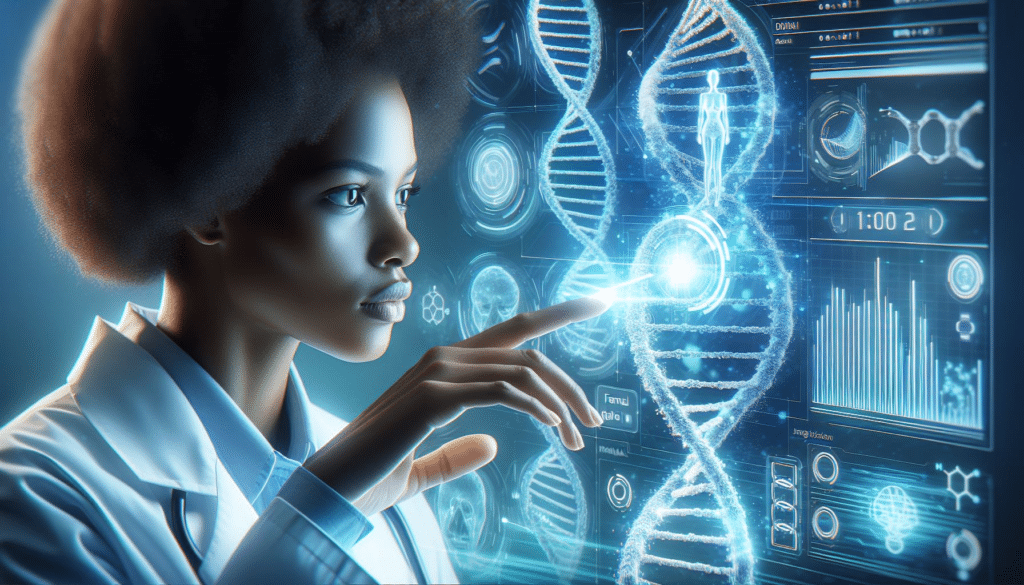
Beyond the hospital walls, AI is also a driving force in medical research. It’s helping scientists analyze complex genetic data to identify disease risks, understand the root causes of illnesses, and develop new treatments.
AI is even being used to model disease outbreaks and predict the spread of infectious diseases, giving public health officials a head start in preparing and responding.
The Future of AI Workers in Healthcare: A Bright and Collaborative Landscape

The possibilities for AI in healthcare are truly exciting. As AI technology continues to evolve, we can expect even more innovative ways to improve patient outcomes, expand access to care, and make healthcare more affordable and efficient.
Of course, with any new technology, there are valid concerns. Some people worry about job losses or the potential misuse of patient data. But as with any tool, it’s how we use AI that matters.
The future of healthcare is not about replacing humans with machines; it’s about humans and machines working together to achieve what neither could do alone. AI workers are here to stay, and they have the potential to revolutionize healthcare for the better. So the next time you hear about AI in healthcare, remember, it’s not about replacing your doctor; it’s about giving them a new set of tools to help you live a healthier, happier life.
Please note, that the author may have used some AI technology to create the content on this website. But please remember, this is a general disclaimer: the author can’t take the blame for any mistakes or missing info. All the content is aimed to be helpful and informative, but it’s provided ‘as is’ with no promises of being complete, accurate, or current. For more details and the full scope of this disclaimer, check out the disclaimer page on the website.


